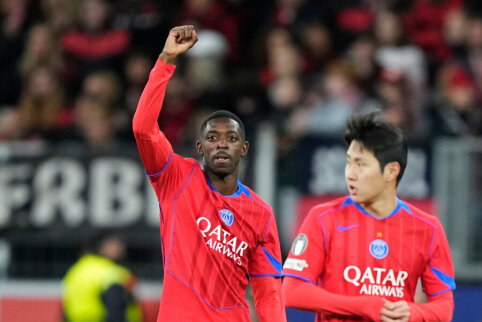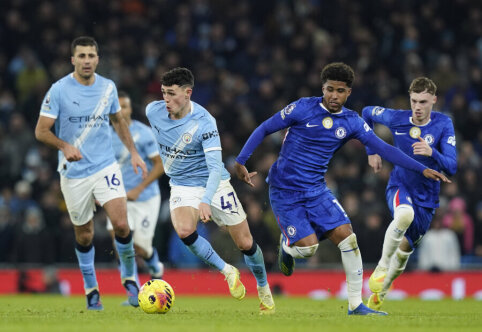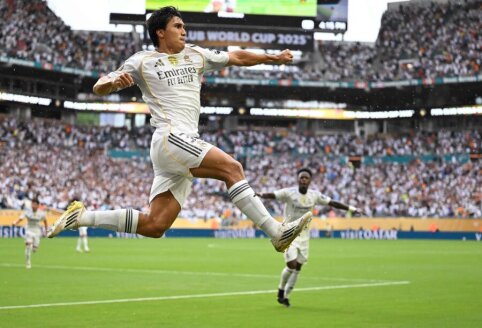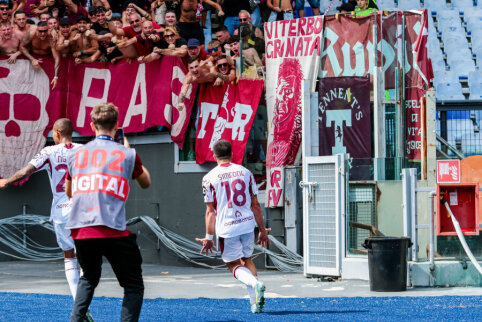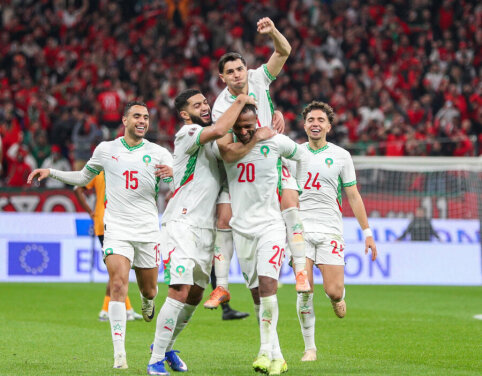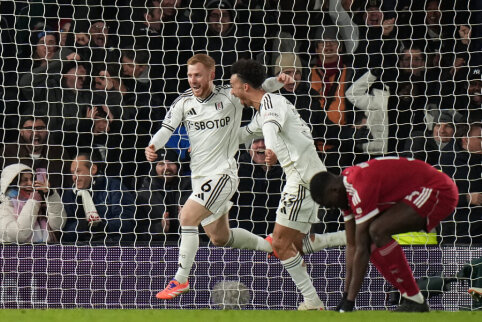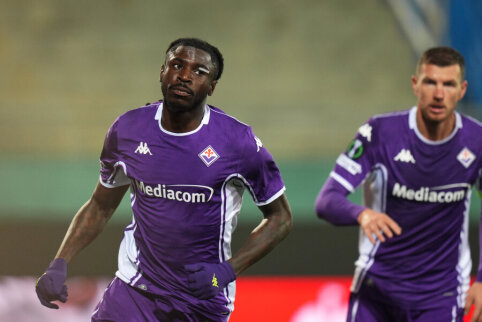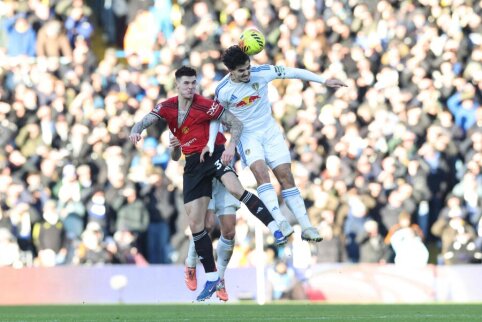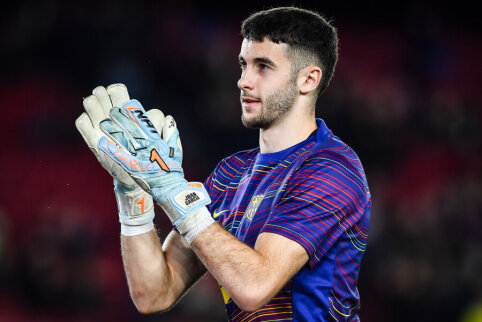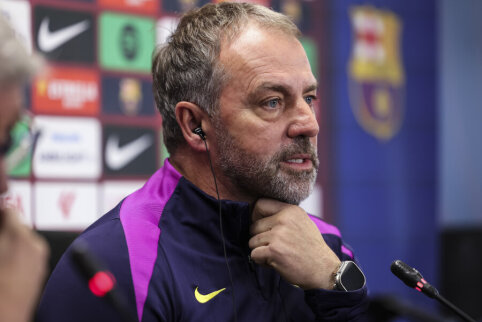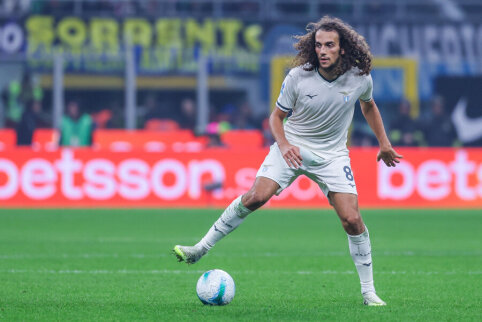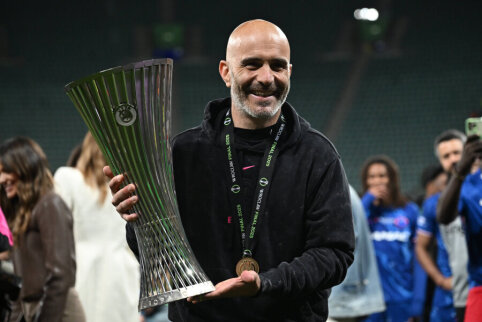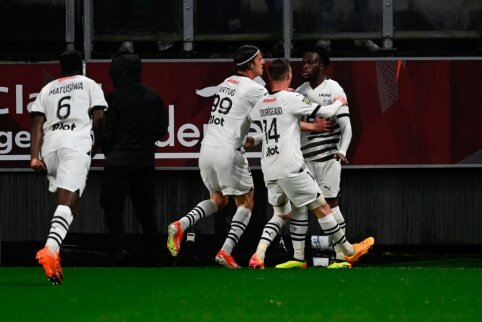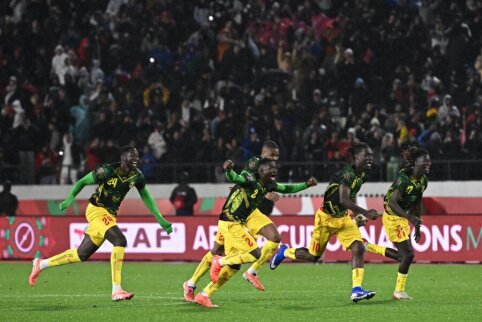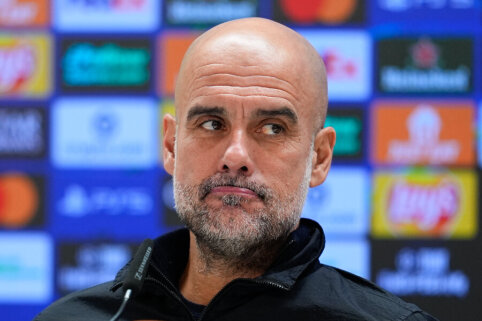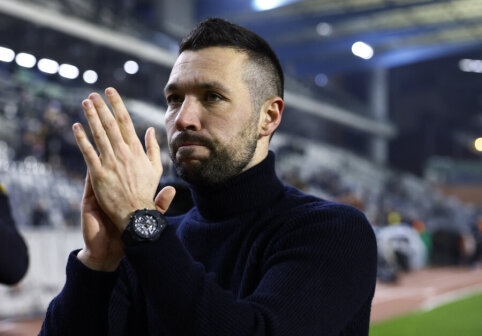 © EuroFootball.com
© EuroFootball.com
The greatest Portuguese footballer of all time and icon of Lisbon's "Benfica" club, Eusébio da Silva Ferreira, has been laid to rest. Crowds of people accompanied the football genius's casket through the streets of the Portuguese capital, while over 10,000 football fans bid farewell to Eusebio at the "Benfica" stadium.
The casket of the 71-year-old Eusebio, who passed away on Sunday, circled around the stands in a car at the "Estadio da Luz" stadium and was placed in the center of the field on a golden pedestal.
The casket was covered with the "Benfica" club flag, and many fans at the stadium threw flowers and club scarves onto the car carrying the casket. The statue of the legendary footballer, known as "The King," located next to the "Benfica" stadium, was also adorned with flowers, team symbols, and other football-related items.
The footballer, simply called "The King," had previously stated that after his death, his body should be taken to the "Benfica" stadium. It was at this club that the striker spent the best years of his career and won impressive trophies.
Eusebio's Career
Born in 1942 in what was then the Portuguese colony of Mozambique, the footballer played 64 matches for the Portuguese national team and scored 41 goals.
Throughout his impressive career in clubs and the national team, Eusebio scored a total of 733 goals in 745 matches.
With Eusebio leading the way, Lisbon's "Benfica" club dominated not only in Portugal but also throughout Europe.
In the "Benfica" team, the forward played from 1960 to 1975, winning eleven Portuguese football league trophies, triumphing in cup competitions five times, and clinching the European Cup (now UEFA Champions League) in 1962. After that, the club played in the European Cup finals with Eusebio three more times.
The best European footballer of 1965, Eusebio topped the list of most prolific Portuguese footballers from 1964 to 1973.
With the Portuguese national team, the forward won silver medals in the 1966 FIFA World Cup, where he was the top scorer, as Portugal finished in third place. This remains the highest achievement in Portuguese football history.
